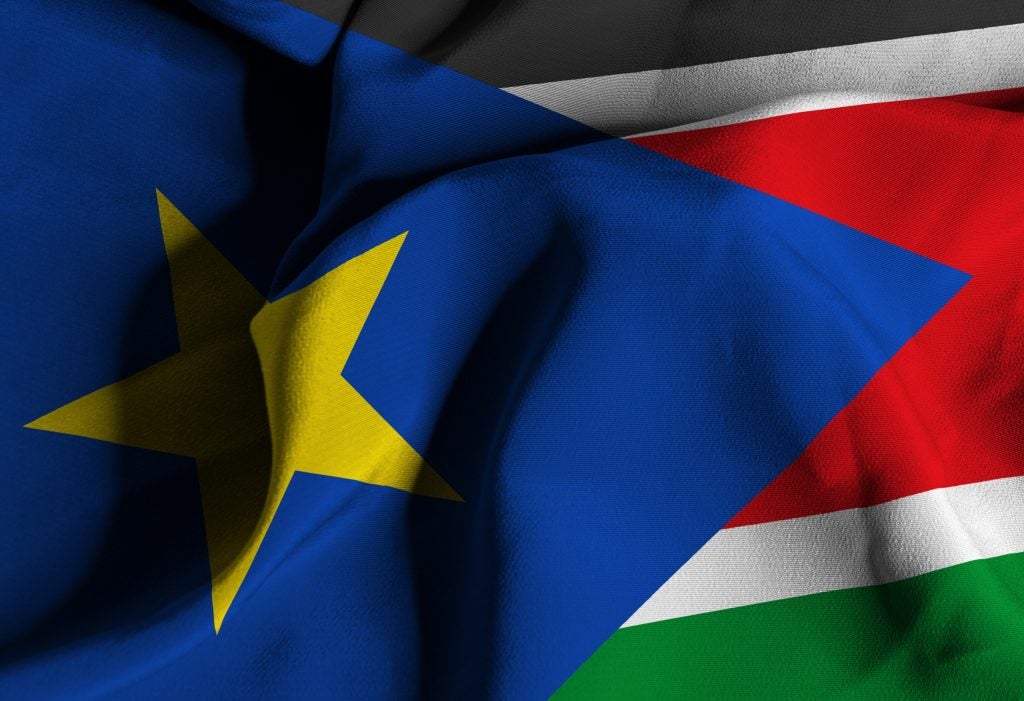
The ‘Mental Health and the Remote Rotational Workforce’ report has shed a light on the psychological impact of the unique mode of working, enhanced by the pandemic, and has revealed that 40% of all respondents experienced suicidal thoughts on rotation, some or all the time (compared to an average of 4%-9% in other industries).
The results have also indicated that 52% reported a decline in mood and their mental health suffered whilst on rotation, 62% had worse mental health than the population norm, while the off-rotation percentage remained at a high of 31%.
International SOS Foundation medical director wellness and non-communicable disease Dr Rodrigo Rodriguez-Fernandez said: “There is an urgent need for increased focus, understanding, and strategies to mitigate mental ill-health and promote better mental health of the remote rotational workforce.
“This is highlighted in our survey, which uncovers significantly high levels of critical mental ill health issues, including suicidal thoughts and depression. The Covid-19 environment has also added increased stress on this already pressured working arrangement.”
The study has also revealed that almost a quarter (23%) of the surveyed remote rotational workers experienced emotional exhaustion, or burnout, on a weekly basis. While 46% experienced higher stress levels while on rotation, 23% reported that they received no psychological support from their employers.
University of London occupational psychologist Dr Rachel Lewis said: “We would expect burnout to be between 2%-13% in the general population, so the almost quarter that we see from the survey is particularly high. Burnout can have a serious impact, both personally and professionally, on the ability of an individual to carry out their role.
How well do you really know your competitors?
Access the most comprehensive Company Profiles on the market, powered by GlobalData. Save hours of research. Gain competitive edge.

Thank you!
Your download email will arrive shortly
Not ready to buy yet? Download a free sample
We are confident about the unique quality of our Company Profiles. However, we want you to make the most beneficial decision for your business, so we offer a free sample that you can download by submitting the below form
By GlobalData“Remote rotational work may come with the perks of higher pay, but with its propensity to be isolating at the best of times. On and offshore, working pressures and varying shift patterns also add their weight. And this is not to mention the impact of the current pandemic, which has seen many remote workers unexpectedly away from family and friend networks for longer than anticipated.”
While there is a silver lining that the majority of respondents felt that their health and safety were prioritised with a strong sense of community and support from co-workers and managers, organisations urge further caution.
“Mental and physical health are intrinsically linked. Organisations and individuals with a duty of care to their remote rotational workers should have visibility and a plan of support for their workforce encompassing both,” Rodriguez-Fernandez says.
The report is based on global data, including interviews with industry stakeholders, an extensive review of existing literature, and an in-depth survey of 200 remote rotational workers, with 59% based in Asia; 15% in the Middle East; 15% in Africa; 3% in Europe; 3% in Australia, New Zealand, and Papua New Guinea; and 5% in the Americas.







